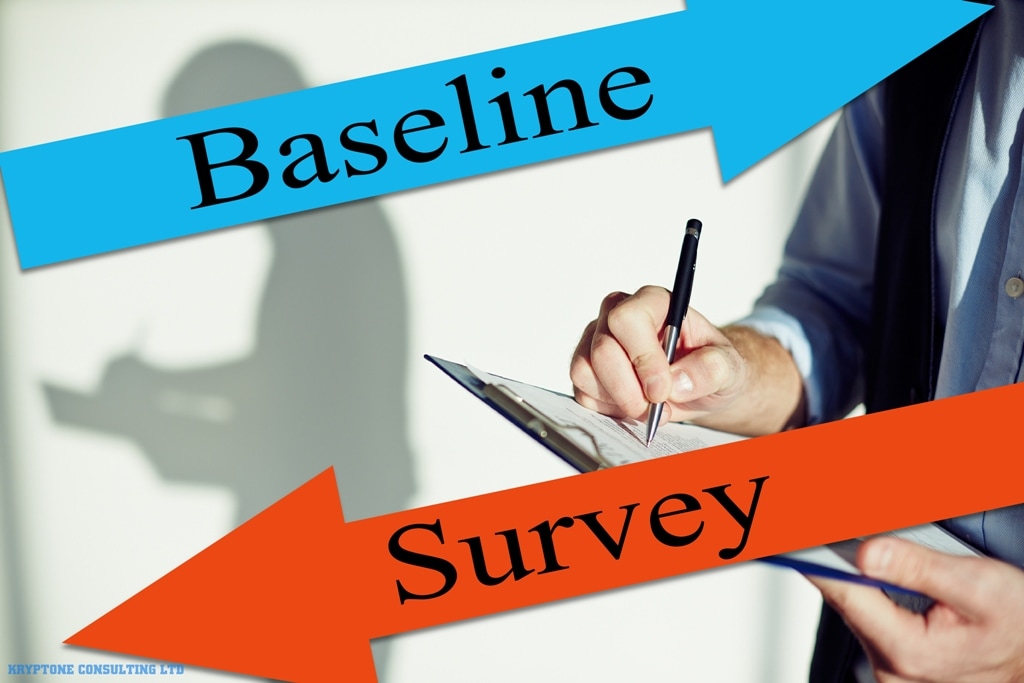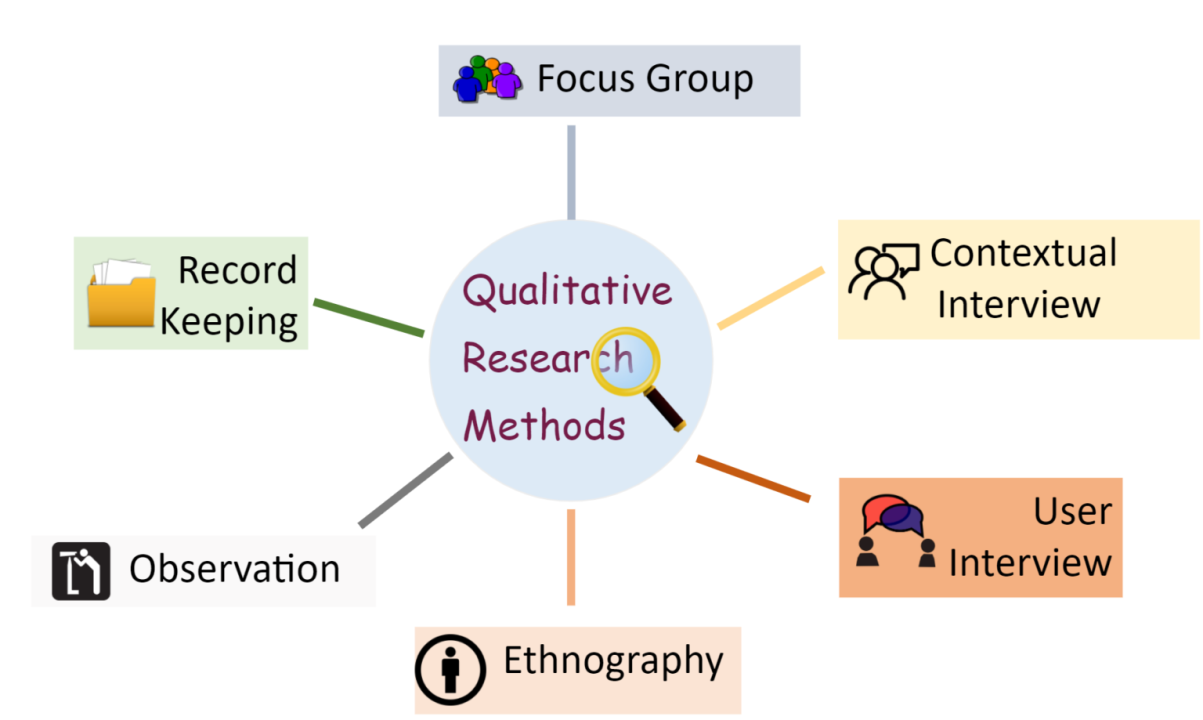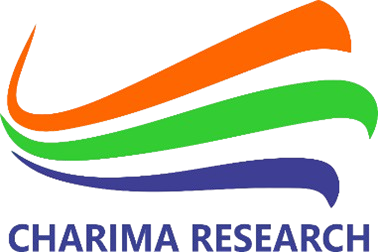Social research is a study of humanity that helps to identify the relations between community social life and the community structures. Social research usually creates theories, tests and brings new understandings and also validates the existing theories. In social research, we run, baseline studies, midline studies, and endline studies; We carry out baseline surveys in the beginning of the program, then we carry out midline surveys at middle term of the program, and finally, we carry out endline surveys at the end of the intervention program. Therefore, social research is a wide arena with an expansive understanding of diverse human nature and multifarious social meanings that plays substantial role in investigating knowledge and theories relevant to social community problems. In addition, social research is important for its contribution to the policy making in an organization.

Baseline Surveys
We conduct baseline study as an important part of the monitoring and evaluation procedure of the program.
Baseline study, conducted at the beginning of a project to collect information on the status of a subject before any type of intervention can impact it, provides clear understanding of the current situation on the ground, identifying gaps, and providing the necessary information to develop appropriate interventions, helping the organization and the partners determine the priority areas of projects with multiple objectives, capturing the right information before interventions begins showing which aspects of the target population best align to which objectives.
Indeed, baseline surveys serve as a benchmark for all future activities in the program, where program managers can refer to, for the purposes of making decisions for improvements.
Midline surveys
A midline survey is an important part of the monitoring and evaluation procedure that is conducted during the mid-term of the running project, to assess the extent of achievements of the program against its targets, and to understand the factors and elements allowing and those restricting achievement of those targets.
Midline study helps to capture key learnings from the implementation experience thus far. Indeed, overall objective of a midline survey is to provide insights and quantify the intervention work that have been done in order to help understand the success of a program and identify areas for perfection for upgrading.
Usually, midline results are compared to the baseline results and against the targets of the program for improvements.


Endline surveys
Endline studies are conducted at the end of an intervention and form an important part of monitoring and an impact evaluation procedure. The results of the endline survey are measured against the baseline survey results and midline survey results of the same program.
Endline evaluations are designed to assess the extent to which a project contributed to achieving its purposed results, goals and targets, in contributing to the improvement of the livelihood of the program beneficiaries, and evaluate lessons learned for future programming.
Usually, the instruments used for data collection all through the stages of monitoring and evaluation process, i.e., during the baseline study, midline study and endline study, are, by and large similar to a much larger extent, in order for ease of data comparison and to give high sense of results comparison across different evaluation stages.
Social Research Experience at Charima Research
Charima Research is the leading Social and Market Research Agency in Africa, serving avid multi- national and local clients who have a acute eye on insights to drive their growth in their programs. Charima Research has a vivacious and multi-cultural team of highly experienced and knowledgeable researchers and experts cutting across different fields in Africa and beyond.Charima Research have been involved in various social research developments for many years. Our strong social and market research experience cuts across impact evaluation, behavior change communication, media advocacy, consumer behavior, with thorough hands-on expertise in both quantitative and qualitative methodologies.
We have researched on consumer behavior in many countries across the Africa continent, and still counting. We have worked on various social research projects spanning from livelihoods, climate resilience, financial inclusion, governance, peace sectors, public health initiatives, public health and health systems studies, agriculture, education and training, financial and economic empowerment, governance & non-governance issues, knowledge and practice surveys, poll opinions, etc., in baseline, midline and end-line kind of surveys. For most of our social and market research projects, we handle research projects right from preparation of the brief, design of the approach, design of the study instruments, scripting and translation of instruments, training of the field teams, field management and data quality monitoring, data processing, analysis and reporting and the eventual dissemination of findings and design of action points for our clients.
We have executed many social and market research studies cutting across various industries that include but not limited to Non-Governmental Organizations, development, donor, philanthropy organizations, social marketing, Governments, etc. Most of these have had a multi-country scope in Africa and this has strengthened our experience in executing social research across different cultures and contexts in Africa and beyond.
At Charima Research, we have strong background of social and market research with vast wealth of social and market research experience and knowledge, with excellent project management and people management skills. We pride ourselves to be strong in many areas like; operational management, strategic planning, project management, planning budgeting & forecasting, budget management, training & development, statistical data analysis, report writing, social & market research, leadership, contract management.
Indeed, we have managed and implemented social research studies with huge datasets for an array of key clients from companies and organizations that includes; local and international NGOs, Foundations, UN agencies, government departments, and private sectors, among others
We have trained our data analysts to mine data to discover hidden patterns and relationships in order to increase client’s ability to use the information, improve their competitive position and profitability. Over the years we have achieved and provided analysis techniques that entail running multivariate analysis, bivariate analysis to univariate analysis to capture all the analytical aspects to respond to client requests and programs objectives.
We have very reliable teams across Africa, with strong analytical mind, proactive, resourceful, highly motivated, focused, with creative logical mindset, and excellent timely executions that plans with reliable communication. Charima Research, together with our teams, we understand with clarity, both social and market research strategies: i.e., research business functions, decision-making and workflow for ease of managing project executions and implementations. This makes our process and workflow to be seamless, timely and quality. In addition, we have trained our teams to be very attentive to detail, not given to casual glances at data, in order to churn out high quality data outputs with highly reliable insights and conclusions. With the above research experience, Charima Research provides above board advisory to businesses and organizations using our data insights on how to grow, develop their products as well as, on how to enter, compete and evolve in the African market and beyond.
For us, social and market research stands out as an action based, and most thrilling to see insights transforming to actions, value and growth for our clients in their programs and businesses. Working with diversity in culture, people and skills across the globe is indeed fascinating and truly exhilarating.
Quantitative research methodologies that we apply for our surveys /studies / experiments, include:
- Face to face interviews (F2F); quite often nowadays we use Mobile data collection methods for F2F surveys i.e. (CAPI-Computer Assisted Personal Interviews) and also we have a few projects that we use Paper and pen Interviews (PAPI).
- Household interviews, Central location tests (CLT)- i.e. (Tests for concepts like products,packaging, pre/posts adverts) and also, we carry out
- Street intercepts and Mall intercepts.
- Telephone surveys i.e., Computer aided telephone interviews (CATI)
- Web surveys i.e. (Online surveys)- (CAWI-Computer Aided Telephone Interviews)


Qualitative research methodologies that we apply for our surveys /studies, include:
- In-depth interviews: moderator asking the participant questions in one-on-one conversations. In- depth interviews (IDIs) can be physical IDIs and online IDIs (Key informant interviews (KIIs)) and also Telephone in-depth interviews (TIIs),
- Focus groups: moderator asking the participants questions and generating discussion among a group of people. Focus groups discussions (FGD) can be physicals FGDs and Online FGDs
- Observations: recording what you have seen, heard, or encountered in detailed field notes using check list.
Research Ethical Principles at Charima Research
- At Charima Research we understand how important it is to follow research ethical principles in all our social and market research projects. During teams briefing and at all times we remind our teams across board the importance of following all research principles for high quality data outputs with integrity and credibility, while at the field executing project as well in the office. While we may not exhaust the list of research ethical principles, but below are some of the key research ethical principles that guide Charima Research and the team in all our projects while conducting interviews:
- Respect for every respondent
- Quality of the data
- Responsibility and transparency
- Risk Management
- Sustainability
- Justice, fairness and impartiality
- Professionalism and expertise








